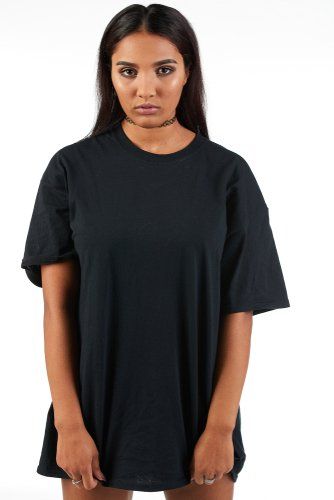But did these TikTokers actually devise a solution to the age-old problem of being harassed and assaulted? No, they did not. There is no evidence that harassment or assault is motivated by what a victim wears. While covering up might make women feel safer, it does not truly protect them. The subway shirt offers no real safety against sexual harassment and assault. And if someone does not wear a subway shirt over their tank top and is victimized, they did nothing wrong.
The subway shirt phenomenon resonates not because it represents the greatest Band-Aid ever for the wound of misogynist behavior. It strikes a chord because it reveals the lived experience of young women, and anyone who presents as feminine, today, who are always being watched—and sexualized. Having grown up devoid of privacy in a culture that values sexy femininity, they experience a sharp contradiction between wanting or feeling pressured sometimes to appear sexually provocative—but selectively, and only on their terms.





